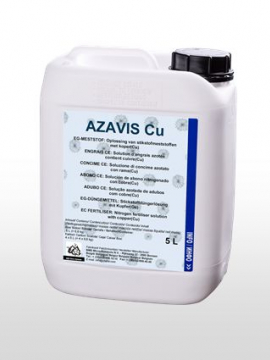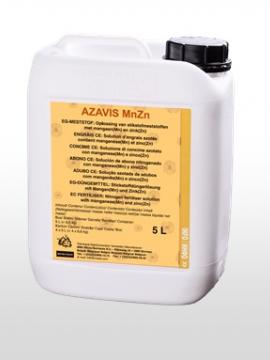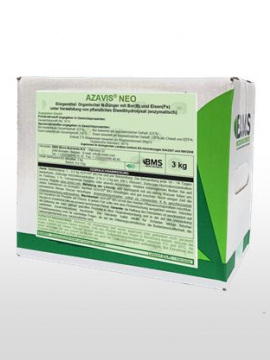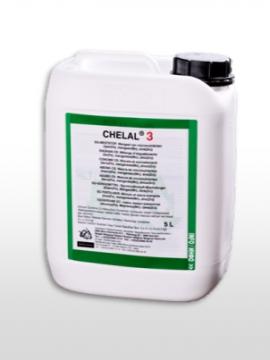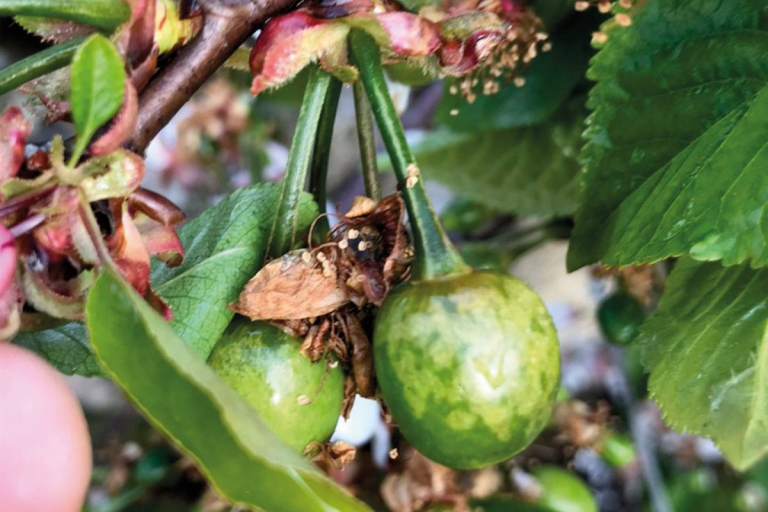You are here

Barley
Moderate to high sensitivity to the deficiency of: Cu, Mn
Low to moderately sensitivity to the deficiency of: Mg, Fe, Zn
(the sensitivity to the deficiencies of these nutrients can vary in function of the variety)
Copper is without any doubt the most important trace element for cereals, such as wheat and barley. This element does not only reduce the production but has also an important effect on the quality of the grains.
Copper
BMS Micro-Nutrients offers 2 possible solutions to avoid and treat this deficiency:
- Chelal Cu : contains only copper at a high concentration
- Landamine Cu : contains copper at a lower concentration combined with potash and phosphorous
Both products contain chelated copper, with 3 chelating agents in order to assure an optimal availability in all circumstances. Because an early application of copper is necessary (the crop needs this element before the end of tillage) part of the applied copper will end op in the soil. The unique way of chelating the copper with 3 chelating agents, will assure the de applied element is not only absorbed efficiently by the leaves, but also the soil fraction will stay available for plant absorption by the roots.
Manganese and magnesium
For cereals not only copper is important, manganese and magnesium are equally important and deficiencies are regularly observed. The deficiency symptoms of these 2 elements are very similar and cause a discoloring between the nerves leaving green parallel lines (nerves) on a yellow background. The magnesium deficiency is often accompanied by necrosis on the leaf border, which is less frequent the case with manganese deficiency.
